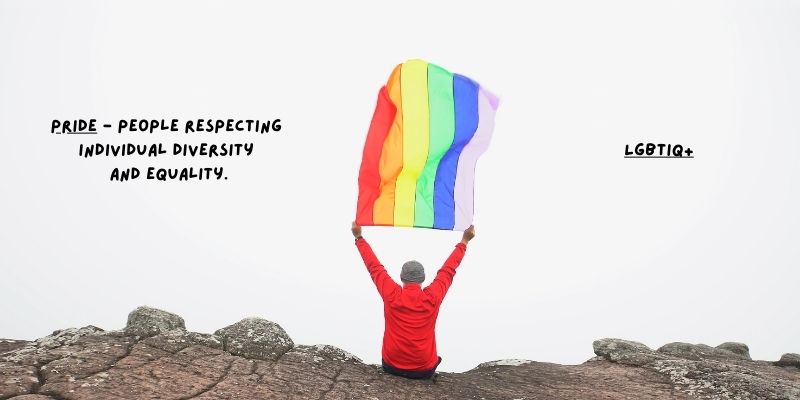
LGBTIQ+ is an acronym for Lesbian, Gay, Bisexual, Transgender, Intersex, and Queer
Read more
A document has been released by the ILO (International Labour Organisation) on “Inclusion of (LGBTIQ+) persons in the world of work.” LGBTIQ+ terms are used to describe a person’s sexual orientation or gender identity.
The plus sign represents people who identify with different SOGIESC and use different terms. SOGIESC is an acronym that stands for sexual orientation, gender identity, gender expression, and sex characteristics.
Findings:
- Worldwide, LGBTIQ+ persons face harassment, violence, discrimination, and unequal treatment at work.
- Discrimination is based on sexual orientation, gender identity, gender expression, and sex characteristics.
- As of 2021, only 29 countries legally recognized marriage equality, while 34 provided some same-sex partnership recognition.
- As of 2020, 81 U.N. Member States have provided protection against discrimination based on sexual orientation in employment.
However, LGBTIQ+ still suffers from a lack of social security, social exclusion, etc.
Difficulties Faced by LGBTIQ+ Community:
They face intolerance, discrimination, harassment, and the threat of violence because of their sexual orientation and identification as heterosexual. People mock them for them being different. Also, the rights enjoyed by opposite-sex couples are not enjoyed by same-sex couples. They gradually lose self-esteem and confidence and become estranged from friends and family. Due to a lack of communication between LGBT children and their parents, which frequently leads to family conflict, many LGBT youths are placed in foster care or end up in juvenile detention or on the streets. Furthermore, lesbian, gay, bisexual, and transgender people face poverty and racism on a daily basis. They face social and economic inequalities as a result of workplace discrimination.
Suggestions:
- It recommended member nations, employers’ organizations, and representatives of workers to launch social protection programs to remove barriers that LGBTIQ+ persons face in society.
- The ILO asked trade unions to help LGBTIQ+ workers to organize and exercise their right to freedom of association. Employers can ensure a safe and welcoming workplace.
- Consultation with LGBTIQ+ communities should be facilitated. This will allow the identification of barriers that LGBTIQ+ people face when entering the labor market and accessing government programmes, such as social protection.
- Measuring LGBTIQ+ inclusion to disclose whether measures and policies being put into place are effective. LGBTIQ+ inclusion Index by UNDP and World Bank is based on five dimensions: Education, Health, Personal Security and Violence, Economic Well-Being, and Political & Civil Participation.
International Labour Organization (ILO):
- It is a U.N. agency that brings together governments, employers, and workers of 187 member States.
- It sets labor standards, develops policies, and devises programs promoting decent work for all women and men.
- It was established in 1919 by the Treaty of Versailles.
- It is Headquarters is in Geneva, Switzerland.
- It promotes internationally recognized human and labor rights.
Source: ILO